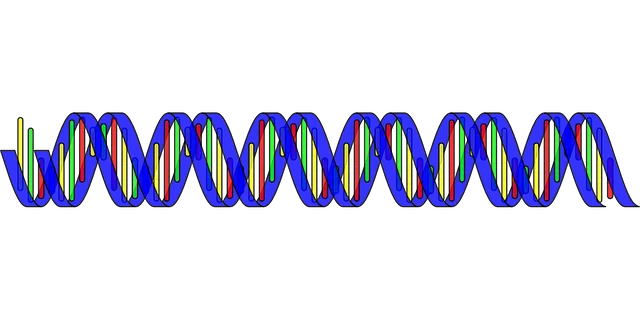
Polymers are compounds that are formed through polymerization.
Polymer is a notion whose etymological origin is found in the Greek language and refers to something made up of various components. And this is what its etymological origin certifies. Specifically, it derives from Greek, exactly from the sum of two elements such as the prefix “poly-”, which is equivalent to “many”, and the noun “meros”, which can be translated as “parts”.
The most common meaning of the term refers to a compound , whether synthetic, natural or chemical, that is created through a phenomenon known as polymerization , from the repetition of structural units.
What are polymers
It can be said that polymers are macromolecules that are formed with the linking of other classes of molecules called monomers . The synthesis of polymers occurs through a reaction caused by their monomers which is called, as we already mentioned, polymerization.
Polymerization can proceed as a chain reaction or through various steps or stages . Depending on the mechanism used in the process, on the other hand, it is possible to speak of addition polymerization or condensation polymerization .

DNA is a natural polymer.
Classification according to origin
According to their origin, natural polymers are those that are present in nature . In this group it is possible to include DNA, proteins and chitin, among others. Synthetic polymers , on the other hand, are produced industrially by manipulating the monomers. Polyester, PVC, and nylon are examples of synthetic polymers.
Therefore, we can say that the two large groups of polymers are natural and synthetic.
Among the natural polymers, those obtained from the plant or animal kingdom, that have the most presence in our daily lives are the following:
-Cotton, which is formed from cellulose.
-Silk, which has a high cost in the market since it is made to undertake the production of high quality and sophisticated fabrics.
-Rubber, which is obtained from hevea trees and is also frequently used in everyday life.
-Wool, which is the hair of sheep and is used to shape countless textile garments, for example.
In the same way, we cannot ignore the existence of synthetic polymers, which have the peculiarity that they are created by man and that are used in the textile field as well as in construction, aeronautics and even medicine or electronics. Examples of them are polyethylene or PVC (vinyl polychloride).
However, there are also semi-synthetic polymers, which are a mixture between the two previous types. And they are natural polymers that are transformed by man.
Polymers with different capacities
As can be seen, the variety of existing polymers is wide. That is why it is possible to find polymers with very different functions from each other.
Some are plastic that can break if subjected to excessive pressure; Others, however, are elastic, capable of recovering their initial appearance despite the force applied. There are also polymers that serve as adhesives , since they enable the surface bonding of different objects.
